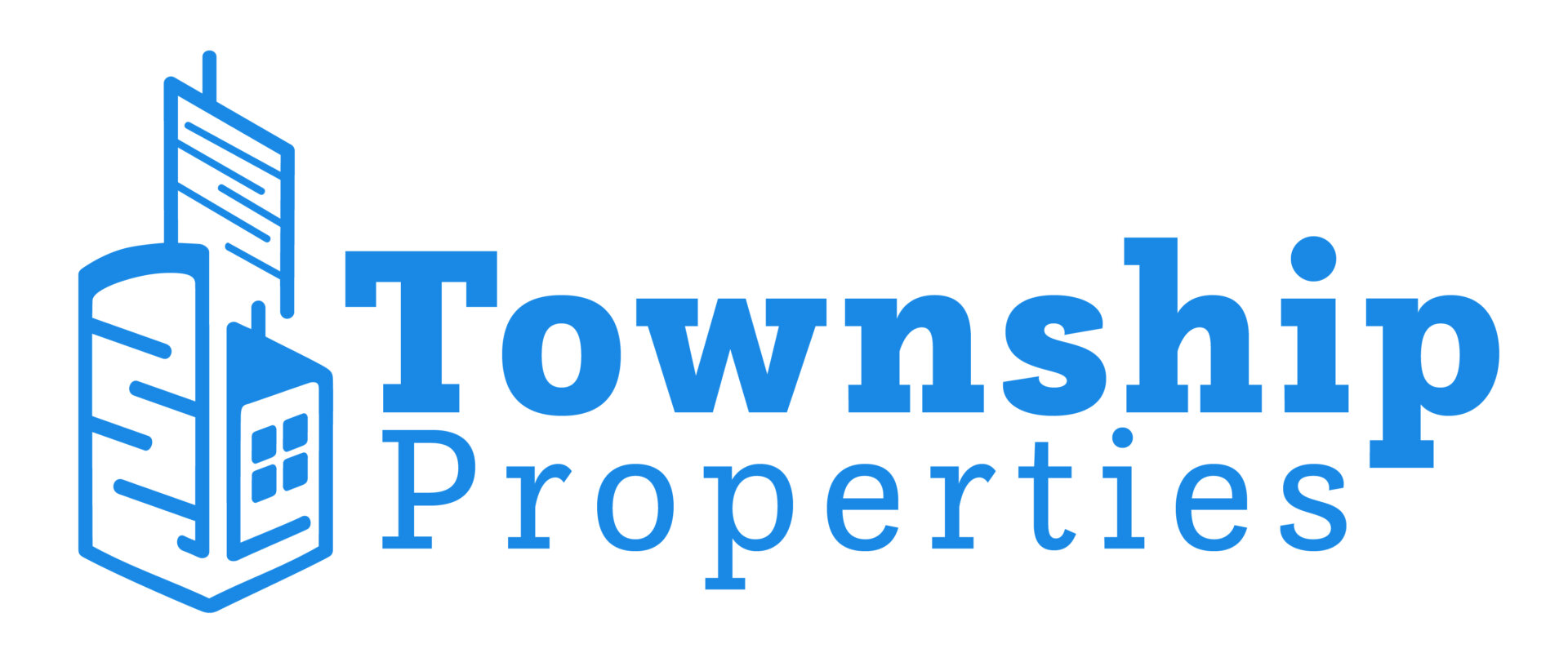Georgia homeowners contemplating the sale of their property often face a common obstacle: liens. These legal claims by creditors against the assets of a debtor can encumber a home, hindering its sale until resolved. For a seamless property transaction, understanding liens’ nature, the variety commonly encountered, and the methods of resolution are paramount.
Understanding Liens on Property
A lien serves as a legal right or claim against a property by a creditor, used as collateral for a debt. It ensures that the debtor honors the payment agreement or otherwise risks relinquishment of the property to satisfy the debt. In Georgia, liens can be voluntarily given, such as mortgages, or involuntarily placed, like tax or judgement liens.
Common Types of Liens
Mortgage Liens
The most prevalent type of lien, a mortgage lien, is attached to a property when a homeowner takes out a loan to purchase that property. The lien remains until the mortgage is fully paid. Should the homeowner default on the loan, the lending institution may initiate foreclosure proceedings to reclaim the property.
Tax Liens
Federal, state, or local tax authorities may place tax liens on a property for unpaid taxes. In Georgia, property tax liens hold significant weight, and the property can be sold in a tax sale if the debts remain unsettled.
Mechanics’ and Materialmen’s Liens
Contractors, subcontractors, or suppliers can file a mechanic’s lien if they have not received payment for work done or materials supplied. This lien must be enforced within a specific timeframe or it becomes void.
Judgement Liens
When a creditor wins a lawsuit for a debt, the court may place a judgement lien on the debtor’s property. This lien ensures the creditor can collect what is owed through the sale of the property.
Child Support and Alimony Liens
The Georgia Department of Child Support Services may place a lien on a property for unpaid child support or alimony, impacting the owner’s ability to sell.
Pathways to Lien Resolution
The process of resolving liens can be intricate, but it is a necessary step before a property can be sold with a clean title.
Paying Off the Lien
The straightforward approach is for the homeowner to pay off the debt, thereby removing the lien. Once the creditor is satisfied, they will release the lien, and a satisfaction of lien document should be filed with the county recorder’s office.
Disputing the Lien
If the homeowner believes the lien was filed in error or is invalid due to procedural mistakes, they can dispute it. This process requires legal action, and it is advisable to engage an attorney to navigate the complexities involved.
Negotiating a Lien Release
Homeowners may negotiate with the creditor for a reduced payoff amount or better terms to release the lien. This is particularly common with judgement or mechanic’s liens where the original amount may be disputed.
Waiting Out a Lien
Some liens, like mechanic’s liens, have an expiration date. If the lienholder does not enforce the lien within a certain period, it becomes invalid. However, waiting it out risks damaging relationships with creditors and possibly facing additional legal action.
Lien Stripping
In some instances, particularly during bankruptcy, liens that are not secured by the property’s equity can be “stripped” or removed, such as certain second mortgages or judgement liens.
Selling Property with a Lien to Investment Companies
An alternate solution to conventional sale methods is selling the property with the lien to a real estate investment company. These companies often buy homes “as-is,” potentially offering an expedited and less complicated avenue to sell a home with liens.
Understanding the ‘As-Is’ Sale
An ‘as-is’ sale implies that the investment company purchases the property in its current state, liens and all. The advantage is that the homeowner can avoid the effort and expense of clearing liens before the sale.
Benefits of Working with Investment Companies
Investment companies specialize in dealing with properties that have complicated financial or legal issues. They are familiar with navigating liens and may still offer a competitive price, despite the outstanding debts attached to the property.
The Process of Selling to an Investment Company
When selling to an investment company, the process typically involves a simple transaction without the need for extensive marketing or staging. The company will assess the value of the property, deduct the liens and other encumbrances, and make an offer based on the remaining equity.
Considerations for Homeowners
While selling to an investment company can be a quick fix, it is essential for homeowners to conduct due diligence. It’s crucial to work with reputable companies and understand the terms of the sale, ensuring that the deal is fair and the liens will indeed be resolved as part of the transaction.
Liens can present significant challenges to Georgia homeowners seeking to sell their property. Whether it is a mortgage, tax, mechanic’s, judgement, or any other type of lien, the owner must address and resolve these claims to transfer a clean title. Homeowners have multiple avenues to clear liens, from payment to legal disputes or even selling the property ‘as-is’ to investment companies. Each method requires understanding the implications and often, strategic financial planning. Though liens can complicate the sale process, with careful navigation and resolution strategies, homeowners can successfully sell their homes and move forward free from these encumbrances.
Looking to sell your Georgia home fast without the hassle of liens? Township Properties can help! Our expertise in handling properties with liens and our streamlined process take the worry out of selling. Contact us today and see how we can simplify your home sale, liens and all. Let us make you an offer and take the first step toward a clear path forward!
